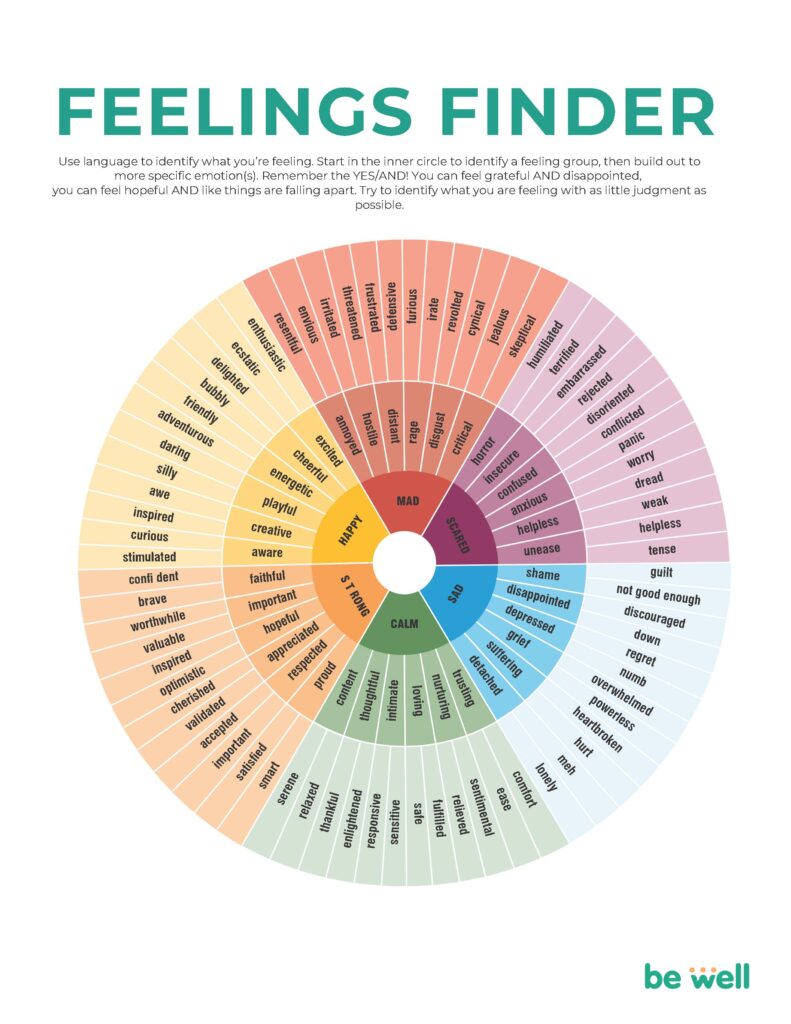Have you ever felt lonely, even in a room full of people? According to a recent Harvard study, one in five U.S. adults report feeling this way. Many struggle to form deep, meaningful connections with others.
Perhaps the first step isn’t about making more friends; it’s about reconnecting with ourselves. Building a stronger relationship with who we are can lay the foundation for healthier, more fulfilling relationships with others. We spoke with Cheryl Johnson, a licensed professional counselor and eye movement desensitization and reprocessing (EMDR) therapist about why self-awareness matters and how to begin the journey of truly getting to know ourselves.
Self-awareness means paying attention to how you feel, what you think and why you act in a certain way. When you know what’s going on inside you, it can help you make choices about what you might need. It then becomes easier to talk to others, understand them and build strong relationships.
“Knowing ourselves creates a base for our relationships,” Johnson explains.
When we understand our own feelings and needs, it’s easier to be authentic around others. Many of us spend a lot of time trying to make others happy, but Johnson emphasizes it’s also important to ask, “What do I need?”
Everyone has strong emotions at times. Some of us try to isolate to deal with them on our own, while others might seek comfort from those around us. According to Johnson, these patterns often come from childhood and were necessary for us to survive. However, they can get in the way of our ability to connect with others as adults. Johnson suggests the healthiest approach is to learn how to calm down while also being open to support from others when needed.
“As humans, we’re created to be connected,” says Johnson.
Deep connection requires safety and vulnerability. Johnson says when we understand our own feelings, we can better express them to others and tell them what we need. This creates the give-and-take that is important in relationships. When you better understand yourself, it’s easier to understand others — becoming a better listener and a more caring person.
Sometimes it’s hard to connect with ourselves. We live in a fast-paced world filled with work, technology and personal tasks at home that keep us busy. Sitting quietly with our thoughts and emotions can feel scary, and we’re often our harshest critic.
Johnson notes that time itself can feel like a major barrier, making it hard to carve out even a moment for ourselves. She recommends starting small — just 3 to 5 minutes a day — to begin building our self-awareness.
Simple Ways to Connect with Yourself
Johnson shares some ways to feel more connected to yourself:
- Practice Mindfulness: Being still for a moment to notice what we are thinking, feeling and how our body feels. If you need a little help getting started in labeling what your emotions are, use our Feelings Finder.
- Write in a Journal: Writing down your thoughts and feelings can help you understand them better.
- Be Kind to Yourself: Look at yourself the way you would look at a friend—with love and care.
Healing Through Connection
Ultimately, Johnson believes connection and relationships are where we find life’s richest moments.
“Sometimes our childhoods teach us that we can’t have that,” she says.
Healing begins with understanding ourselves — what we need to feel safe, seen and valued.
The first step? Approach yourself with “patience and kindness,” Johnson advises. Whether through mindfulness, journaling or simply sitting quietly, connecting to ourselves can be a corrective experience. From that place, deeper relationships with others can follow.



